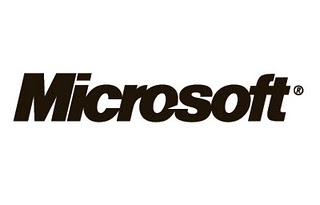
Refusing to buckle to the pressure put on them by industry insiders and the competition, Microsoft said on Tuesday that Do Not Track (DNT) will be a default option for Internet Explorer 10. As was the case when SecurityWeek last reported on the issue, Microsoft maintains that the choice reflects their desire to protect the privacy of the end user.
As our previous coverage noted, DNT enables users (at home and the office) to opt-out of the tracking mechanisms that many Web advertisers use. It was first proposed by the FTC, but there isn’t a single law on the books that enforces its usage on the Web. DNT is completely optional, but sites such as Twitter have taken the initiative and implemented it anyway.
In June, Microsoft said that consumers “should have more control over how information about their online behavior is tracked, shared and used.”

This caused some debate, as switching it on by default removes the choice from the user. Most argued that users should opt to turn it on, which seems to be backwards according to privacy advocates. Taking the aforementioned step, Mozilla said that users of Firefox will need to activate DNT on their own.
On Tuesday, Brendon Lynch, Microsoft’s Chief Privacy Officer, made things official in a blog post.
“With Windows 8’s recent release to manufacturing, we know many people are interested in how customers will discover Do Not Track (DNT) in Internet Explorer 10. DNT will be enabled in the ‘Express Settings’ portion of the Windows 8 set-up experience,” he wrote.
“There, customers will also be given a ‘Customize’ option, allowing them to easily switch DNT ‘off’ if they’d like. This approach is consistent with Microsoft’s goal of designing and configuring IE features to better protect user privacy, while also affording customers control of those features. It also underscores that the privacy of our customers is a top priority for Microsoft.”
In response to this announcement, the Tracking Protection Working Group of the World Wide Web Consortium has said they are looking into a new round of debates.












